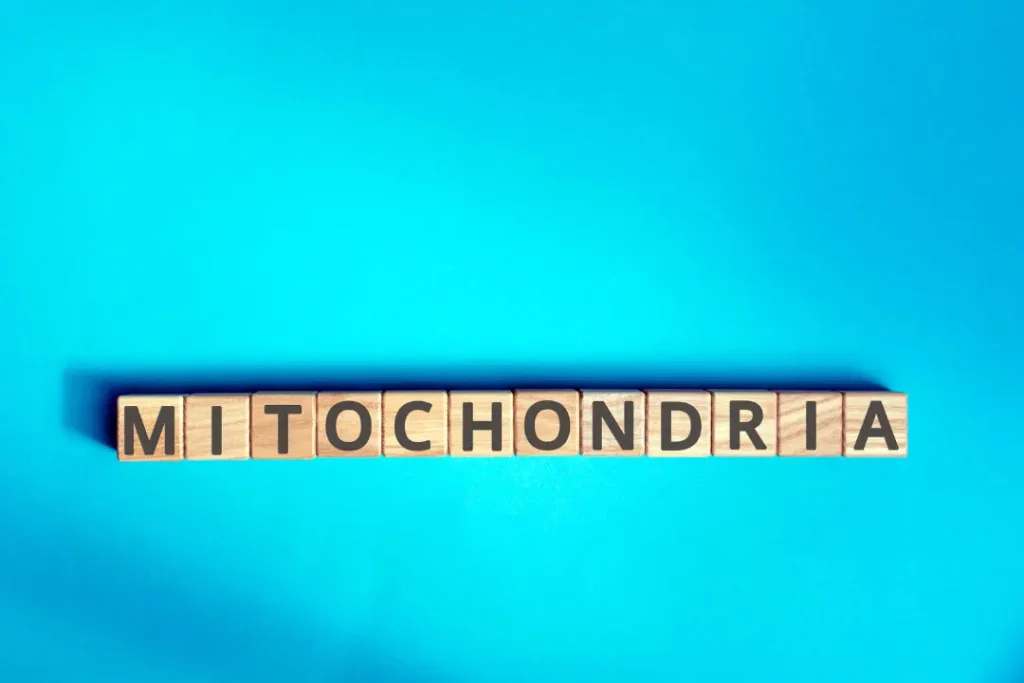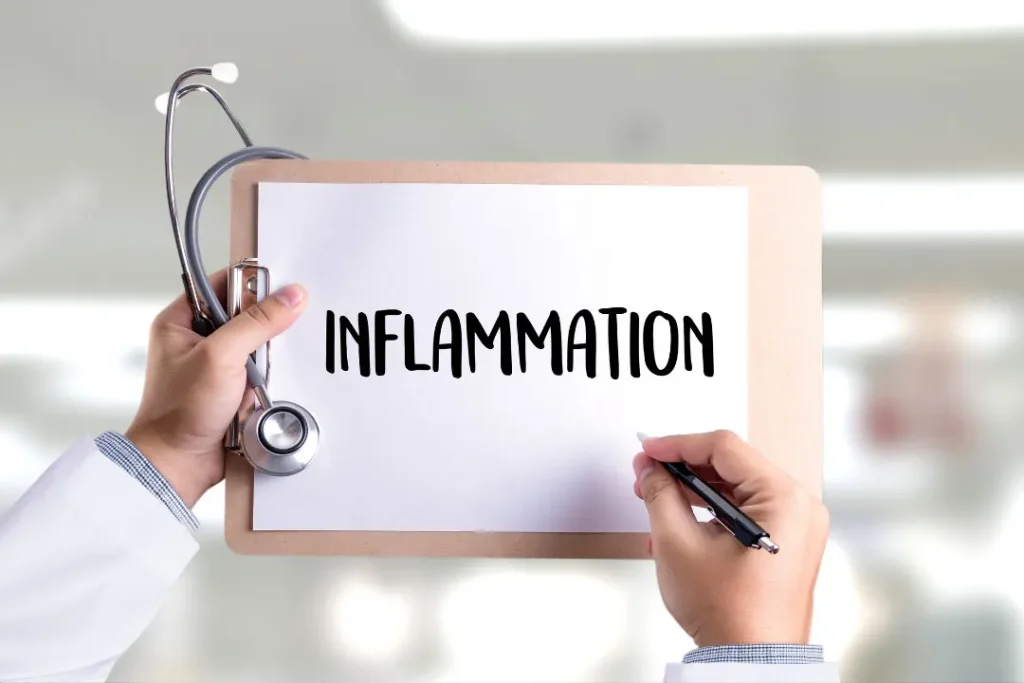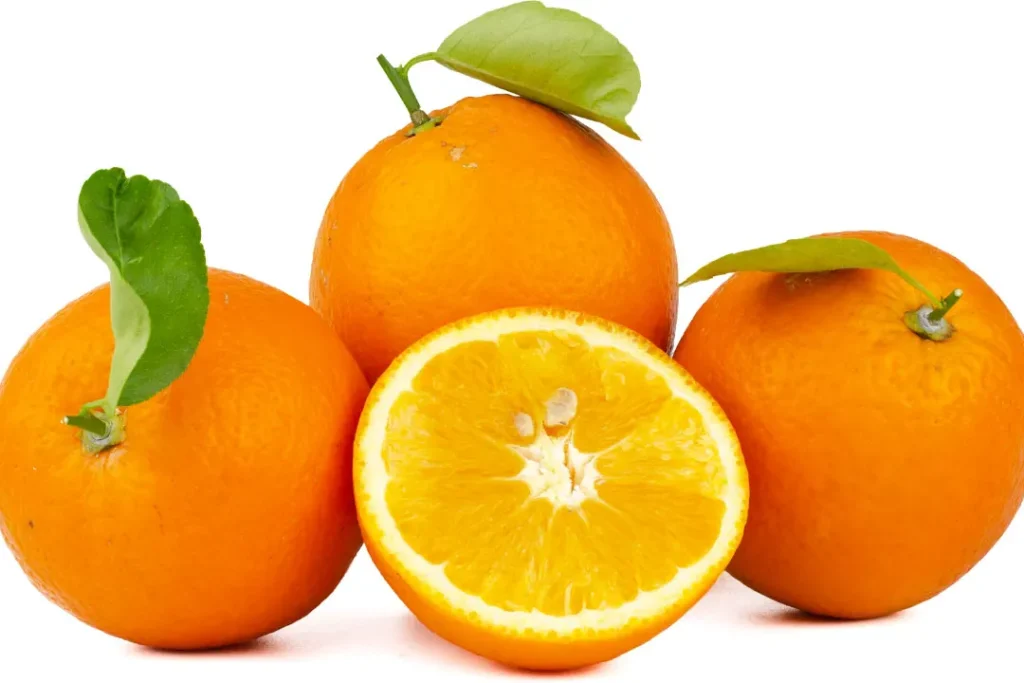CoQ10, also known as coenzyme Q10, is a potent antioxidant available in supplement form for those who wish to reap its many health benefits. We’ll discuss five top CoQ10 benefits for women, from improved fertility and cardiovascular health to reduced migraine severity and anti-aging effects.
You May Also Like:
5 Best Supplements for Stress and Sleep
Get Back in Balance: 4 Powerful Hormone Balancing Supplements for Women
CoQ10:
The “essential nutrient”
Sometimes called “the essential nutrient,” Coenzyme Q10 (CoQ10) is a molecule found naturally in the human body. CoQ10 plays a vital role in cell energy production within mitochondria – which are often referred to as the “powerhouses of the cells.” CoQ10 is present in almost every cell in the body, with higher concentrations in organs that require more energy, such as the heart, liver, and kidneys. In addition to assisting in producing cell energy Adenosine Triphosphate (ATP), CoQ10 acts as a potent antioxidant that protects cells from oxidative stress caused by free radicals, which are unstable molecules that can harm cells and contribute to aging and various diseases.
Now that we have a better understanding of what CoQ10 is and its essential role in the body, let’s explore five specific benefits that CoQ10 supplementation can provide for women.

CoQ10 benefits for women:
#1 Improved heart health
According to the CDC, heart disease is the leading cause of death for women in the United States, with over 60 million women in the United States having some type of heart disease. One of the most well-established benefits of CoQ10 is its positive impact on heart health and function. The heart requires significant energy to function optimally, and CoQ10 plays a vital role in energy production within cardiac cells. One clinical study, among many others, has shown that CoQ10 reduces oxidative stress and mortality from cardiovascular issues, making it a valuable nutrient for women’s cardiovascular health.

CoQ10 benefits for women:
#2 Increased energy levels
Fatigue and low energy levels are common complaints among women, especially those with busy lifestyles or undergoing hormonal changes. As mentioned earlier, CoQ10 is essential for producing ATP, which is the primary energy source in cells. By supporting cellular energy production, CoQ10 may help combat fatigue and increase energy levels, making it a valuable nutrient for women who need an energy boost to keep up with their daily activities.

CoQ10 benefits for women:
#3 Enhanced fertility
CoQ10 may offer fertility benefits for women who are trying to conceive. For example, a study published in 2018 indicates that coenzyme Q10 supplementation may improve fertility outcomes in women undergoing assisted reproductive technology procedures. Further studies suggest that CoQ10 supplementation is helpful for women over 35 to enhance the quality of embryos and increase follicular fluid (ovarian fluid); these improvements are associated with higher pregnancy rates. Overall, CoQ10’s antioxidant properties help reduce oxidative stress, which can negatively affect fertility in reproductive cells, potentially improving fertility outcomes for women.
CoQ10 benefits for women:
#4 May reduce or prevent migraines
In 2004, a study by The American Academy of Neurology stated that while more research is needed, CoQ10 may be effective in preventing migraines. “A lack of cell energy in the brain may be a cause of migraine,” said study author Peter S. Sandor, MD, University Hospitals Zurich, Switzerland. “CoQ10 may give a boost to those cells and help prevent migraine.”
A 2018 meta-analysis of five studies found that CoQ10 was more effective than a placebo at reducing the number of migraines per month. CoQ10 may help prevent the onset of migraines for several reasons, including improving blood flow and reducing vasoconstriction. It may also protect against neurovascular inflammation, which is believed to contribute to migraines.

CoQ10 benefits for women:
#5 It’s good for your skin
Visible signs like wrinkles, fine lines, and decreased skin elasticity are common manifestations of aging. However, CoQ10’s antioxidant properties can help combat oxidative stress, a contributing factor to the aging process. Several studies show that CoQ10 taken as an oral supplement or applied topically can help improve skin elasticity, reduce wrinkles, and promote overall skin health. In a 12-week clinical study, oral supplementation of CoQ10 resulted in fewer wrinkles and improved skin smoothness among participants. Another study suggested that topical application of CoQ10 can prevent the detrimental effects of UV rays on the skin.
Where to obtain CoQ10 benefits for women
The primary natural source for CoQ10 is the food you eat; foods that contain CoQ10 include:
- Organ meats
- Chicken
- Beef
- Pork
- Fatty fish, like sardines and trout
- Spinach
- Broccoli
- Soybeans
- Oranges
- Nuts, seeds, and peanuts
- Whole grains
If your CoQ10 levels are low (which can be determined through testing), you might need to consume a large amount of these foods to replenish them. Although your body naturally produces CoQ10, levels may decline due to age, medications, chronic diseases, chronic stress, or genetics. Additionally, hormonal changes in women may affect CoQ10 levels, making supplementation particularly beneficial for women’s health.

CoQ10 benefits for women can vary depending upon the CoQ10 supplement
There are two primary forms of CoQ10, ubiquinone and ubiquinol. Ubiquinone is the oxidized form of CoQ10, which your body can convert to ubiquinol, considered the “active” form of CoQ10. However, recent research suggests that this may not accurately describe how CoQ10 works: “Contrary to some manufacturers’ claims, ubiquinol is not the active form of CoQ10 compared to ubiquinone. Because ubiquinol and ubiquinone are continually inter-converted within the body, the concept that ubiquinol supplements may somehow be more efficacious than supplemental ubiquinone is incorrect….”
So, what is a consumer to do? Since both forms of CoQ10 are considered safe and effective, it’s a matter of finding which form works best for your body. The process of CoQ10 absorption is complex. According to this study, the absorption and bioavailability of CoQ10 supplements can vary widely depending on the formulation of the supplement and the capacity of a person to absorb it. However, a third option is available with a unique formulation that makes absorption almost a non-issue: mitoquinol mesylate, which goes by the brand name MitoQ.
MitoQ is a specialized form of CoQ10 modified to be easily absorbed by mitochondria, the organelles in our cells responsible for energy production. MitoQ is made by attaching a positively charged molecule to the CoQ10 molecule, which helps it to penetrate the negatively charged mitochondrial membrane and deliver CoQ10 directly to the mitochondria where it is most needed. MitoQ has several advantages over traditional CoQ10 supplements, including a faster absorption rate and better bioavailability, leading to more potent antioxidant activity.
MitoQ, an Auckland, New Zealand-based company, manufactures MitoQ Pure. Seven hundred independent research papers have been published on MitoQ – including 15 clinical trials. You can read the research studies and clinical trials on their website. CEO Mahara Inglis calls their customers “life optimizers who ultimately want more life in their years.”
CoQ10 benefits for women are clear
Decades of research show CoQ10 is a powerful antioxidant that can positively impact women’s overall health and well-being in multiple ways, including:
- Supporting heart health
- Increasing energy levels
- Enhancing fertility
- Reducing or preventing migraines
- Improving the appearance of aging skin
If you decide to incorporate a CoQ10 supplement into your daily health regime, it is well worth your time to investigate the different types of CoQ10 supplements available.
For further research:
Frontiers – Coenzyme Q10 Supplementation in Aging and Disease
CNY Fertility – Coenzyme Q10 (CoQ10) for Fertility
PubMed Central – Hormonal Influence on Coenzyme Q10 Levels in Blood Plasma
PubMed Central – Aging skin is functionally anaerobic: importance of coenzyme Q10 for anti aging skin care
Drug Bank Online – Mitoquinone: Uses, Interactions, Mechanism of Action
Important Note: The information contained in this article is for general informational purposes only, and should not be construed as health or medical advice, nor is it intended to diagnose, prevent, treat, or cure any disease or health condition. Before embarking on any diet, fitness regimen, or program of nutritional supplementation, it is advisable to consult your healthcare professional in order to determine its safety and probable efficacy in terms of your individual state of health.
Regarding Nutritional Supplements Or Other Non-Prescription Health Products: If any nutritional supplements or other non-prescription health products are mentioned in the foregoing article, any claims or statements made about them have not been evaluated by the U.S. Food and Drug Administration, and such nutritional supplements or other health products are not intended to diagnose, treat, cure, or prevent any disease.



